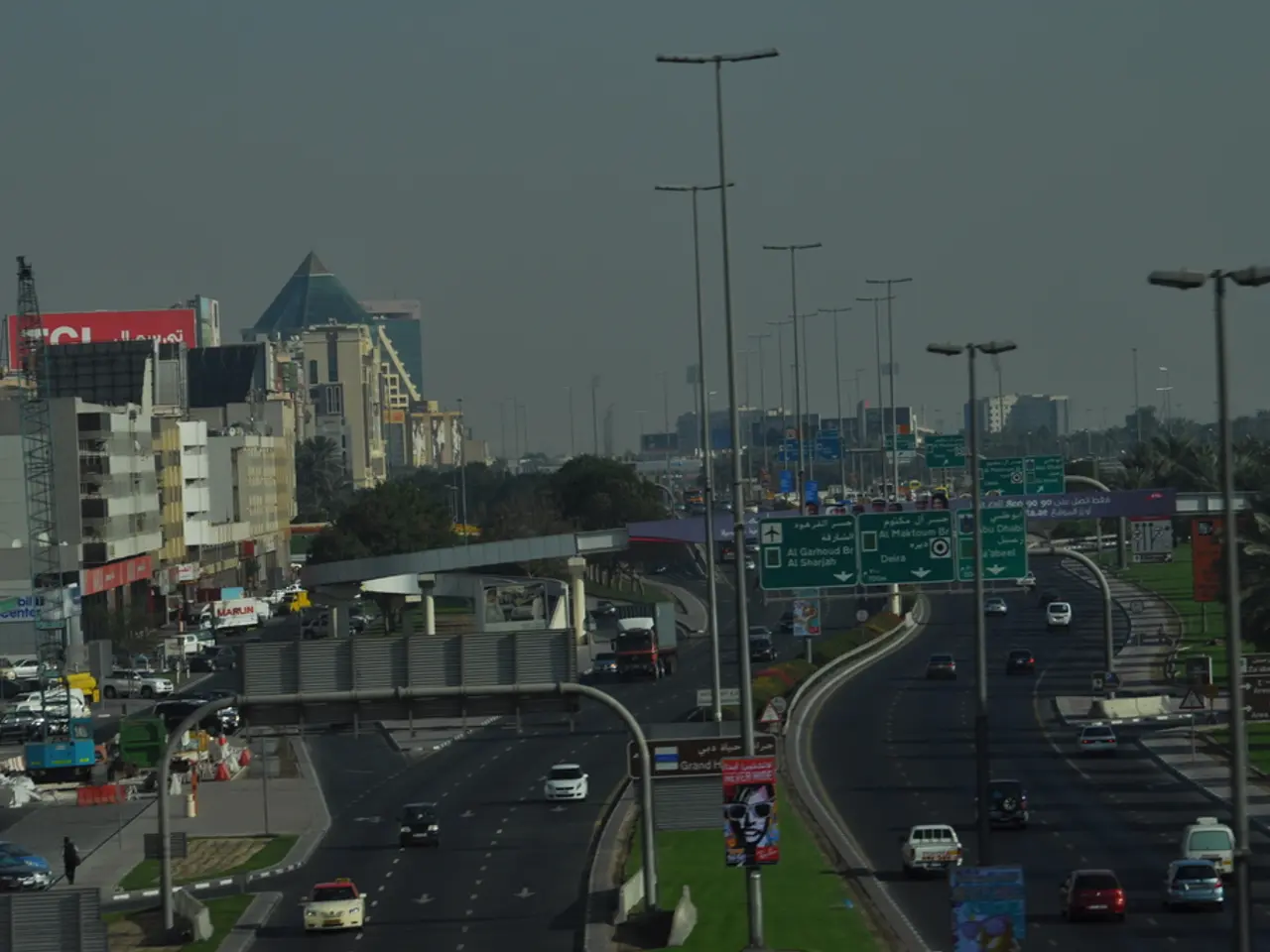Community-Driven Integration Endeavor
In the heart of Wuppertal, a significant event took place recently, focusing on the city's integration work for the future. The event, an internal presentation of the new integration monitoring for 2025, served as a platform for discussion, collaboration, and exchange of ideas.
Annette Berg, Deputy Mayor for Social Affairs, Youth, Schools, and Integration, took the stage to explain the importance of successful integration work. She highlighted that 44.5% of Wuppertal's population have a migration background, and two out of three children have a migration history.
The aim of the presentation was clear: to present key findings of the report and discuss them in depth. The working groups, consisting of participants from various sectors, delved into figures related to integration, identifying both successes and challenges.
One of the challenges that emerged was the uneven distribution of educational opportunities and gaps in the offer network. These issues were discussed in depth, with participants contributing their knowledge to find potential solutions.
The event was more than just a professional discussion. It also provided a space for encounter and exchange, fostering a sense of community and collaboration.
The municipal integration center, along with partners such as the Essener Verbund der Immigrantenvereine e.V., Caritasverband Hagen e.V., Diakonie Mark-Ruhr gGmbH, Arbeiterwohlfahrt UB Ennepe-Ruhr, and others, were invited to this presentation. These organisations collaborate closely in steering Integration 2025, with key cooperation areas including support for refugees in education, training, and labor market integration, as well as democratic and social projects in close collaboration with schools and communities.
Successful integration work is not a marginal issue, but an important task for all areas of action. The monitoring shows where Wuppertal is already well-positioned in integration work and where further steering is needed. Perspectives on how networking and information exchange can improve in the future were also discussed, with the aim of making integration work in Wuppertal more effective and inclusive.
In conclusion, the event served as a valuable opportunity for all involved to draw conclusions for integration work in Wuppertal, focusing on collaboration, knowledge sharing, and the identification and resolution of challenges.
Read also:
- Peptide YY (PYY): Exploring its Role in Appetite Suppression, Intestinal Health, and Cognitive Links
- Toddler Health: Rotavirus Signs, Origins, and Potential Complications
- Digestive issues and heart discomfort: Root causes and associated health conditions
- House Infernos: Deadly Hazards Surpassing the Flames








